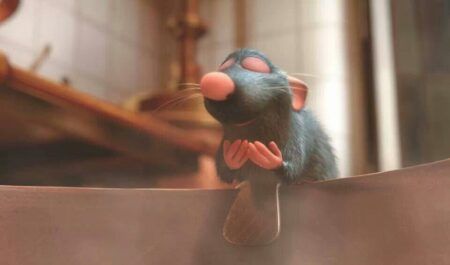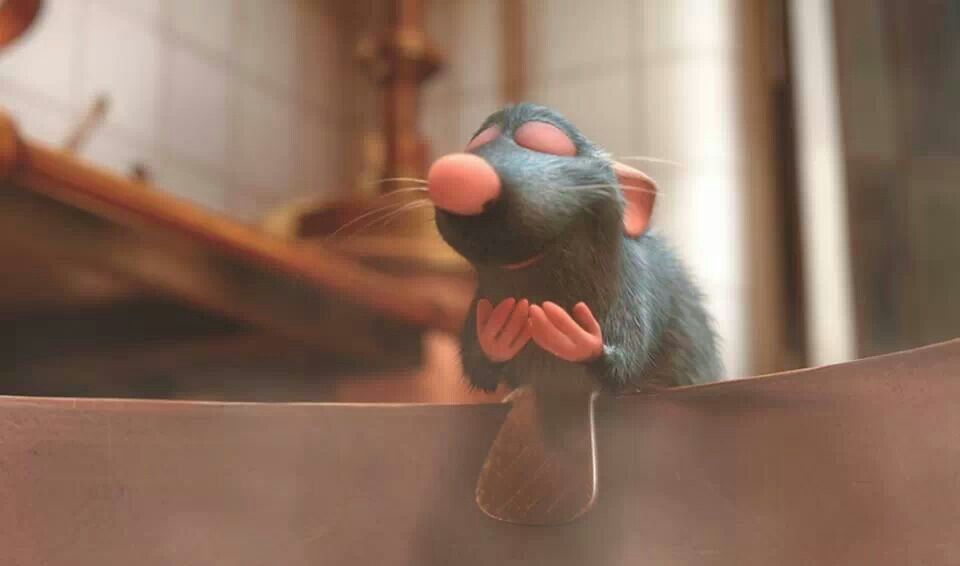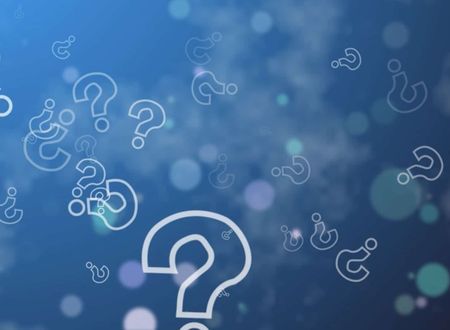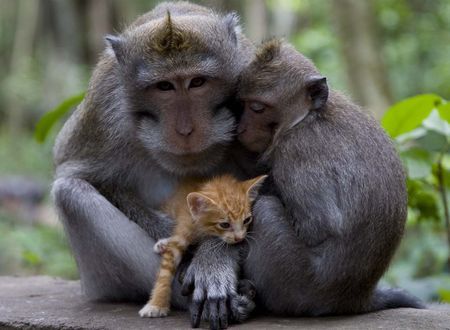
(Remy the chef-mouse (in the movie Ratatouille) enjoying a meal just by its smell)
There is an interesting word in English: vicarious. It means “experiencing or feeling something by watching or reading about someone else doing it, rather than by doing it yourself.” It is a lovely state to be in, really. When removed from a happy experience, you can either feel glum, angry, resentful, or choose to experience it vicariously.
I am reminded of a sweet incident from my childhood. My younger sister had fallen down and broken her leg. For almost a month or so, her leg was put in a cast. She must have been around three at that time, and I was six. Her movement was completely restricted. One day, I was trying to catch a friend in the game of tag while she sat helplessly on my mother’s lap. My friend was a good runner, and I had a tough time keeping pace with her. Just then, I heard my sister screech, “Run, fast. Faster, I say, and catch her.. catch her now..” She went on hollering. Her face was all puffed up. In spirit, she was there with me—running. Have you noticed how the elderly in families often request to be shown recent photos of a newborn or videos from a family function? My ninety-five-year-old grandmother (in-law) never gets tired of watching photos. She carefully observes the resplendent sarees in the pics even though, given her life condition, she always wears a gown. Strangely, she is happy seeing the younger ones pass through the lanes and bylanes she left behind.
A few years ago, my father was diagnosed with acute liver cirrhosis. It took him and us some time to accept his condition. The food restrictions were not only stringent but also lifelong. Dining together is generally one of the chief ways of family bonding. For my dad, that experience seemed over. The family struggled with guilt too. Every time we got together, we would get tearful knowing that Dad could not even touch our food.
Over time, we found other creative ways to bond: singing, watching movies, and travelling We also learned to cook alternate (read cirrhosis-friendly) versions of our food items for my dad. Honestly, his changed attitude to the situation helped the most. He has always relished treating his family to the choicest delicacies. While he can no longer eat some of them; however, that does not stop him from buying them for us and enjoying them vicariously. He often describes the exact taste and texture of food items. “Do you like the crunch of that ‘aloo tikki’ in your mouth?” “Ah, the burst of flavours when the many sauces of the Dahi vada touch your tongue.” It is tough, but he has learned to enjoy life ‘as is’.
The lockdown taught us to find happiness in unusual ways, often vicariously. What if you could not meet your loved ones? You sought comfort in the knowledge that they were doing fine. You felt elated when somebody’s parents returned home from the hospital or when someone got united with his/her family. It felt as if ‘you’ reached home. Birthdays were celebrated on screens, newborns were met that way. Many enthusiastic people dressed up for the marriage of their beloved sibling or friend. Their inability to travel did not stop them from feeling happy or partaking in the happiness of their loved ones miles away. The human mind has an infinite capacity to deal with unlikely situations. Our ability to experience love, happiness, sadness, and grief vicariously is what truly makes us human.









Comments & Discussion
29 COMMENTS
Please login to read members' comments and participate in the discussion.